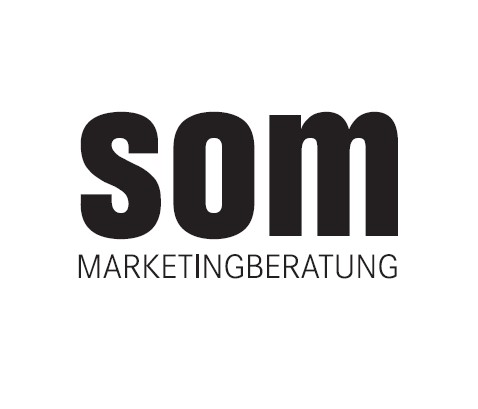What We Expect from Brands
Strong brands offer us a lot. We in return pay a premium price. But aside from hard facts such as superior product quality, better service and warranty they also provide us with orientation, reduction of uncertainty, trust, the feeling of belonging to a certain group and other much more subtle things. This is what we pay for and what we deserve.
In return for the high price we expect certain values a brand has come to represent: sportiness with BMW, innovativeness and design with Apple, tradition, expertise and superior quality with a Glashütte watch. I expect you at this point to say „Stop! That’s all premium brands you’re talking!” Well, not necessarily. Volkswagen is traditionally not a premium brand and still there are certain values such as reliability or quality that are associated with it. Mc Donald’s is also no premium brand but would also well fit the list.
In the following paragraphs I picked out three things we expect from strong brands: consistency, service, and change when needed.
Consistency
What most brands have in common is consistency.
We do not want them to fundamentally change their business model, their target group or elementary core values. This would confuse us. A Bmw panel van? McDonald’s selling local food? Chateauneuf du Pape sold at discounters? These things are inconsistent with what we have learned about brands and the image we have in our minds. And thus they confuse us and they cause damage to the carefully grown brand identity.
Service
Another important thing we expect from strong brands is excellent service.
Personal service, listening to our problems, understanding what troubles us and working hard to satisfy our wishes and desires. We want to feel the assurance that we or rather every single one of us matters. In total, we expect a degree of service that trade brands cannot provide (financially). The markup we are willing to pay does include this extra service -when we need it.
Change when needed
The final of the three expectations towards a brand which I am dealing with today is the ability to change when needed.
This might at first sound contrary to the consistency point. Time changes and so brands have to respond to changing market situation and technological developments. One example would be the increasing time we spend online. Brands (not necessarily all of them) need to follow their customers just like predators follow their prey. The key challenge is to adapt while still being consistent. That is also why I argue that whatever viral or social media marketing actions a brand takes – it always has to be in line with the overall marketing and brand strategy.
Case
I just recently had trouble with a brand new pair of really nice Timberland Splitrock boots. After only 1,5 months both laces were close to tearing which might have been caused by a too sharp eylet. I emailed Timberland USA and informed them about my troubles. It took only one day and I had a friendly email in which they provided me with the contact details to Timberland Deutschland. In the meantime I had also twittered about the issue, wondering if my tweets maybe would be heard (Social Media Monitoring). After two days I received an email from Munich, in which a customer service agent excused for the quality issue and promised to send me a pair of similar hopefully more durable laces. That was two days ago. Today I received a small package by mail with two pairs of laces similar in color to the original ones. Great work, Timberland! Checking through my personal Twitter account I saw that Timberland Customer Service is now also one of my followers. I do not know about their internal processes, but from what I experienced, I can say that they are obviously doing things right. They created a strong global brand, with loyal customers all over the world. They listen to their customers’ troubles and do their best to maintain our loyalty. The result: I feel important, taken care of, appreciated. I pay a premium price for the product, but also get a lot more than just a simple pair of shoes…
Update: Timberland Customer Service responded via Twitter:


